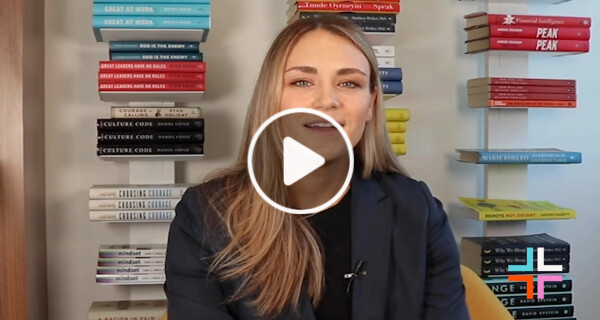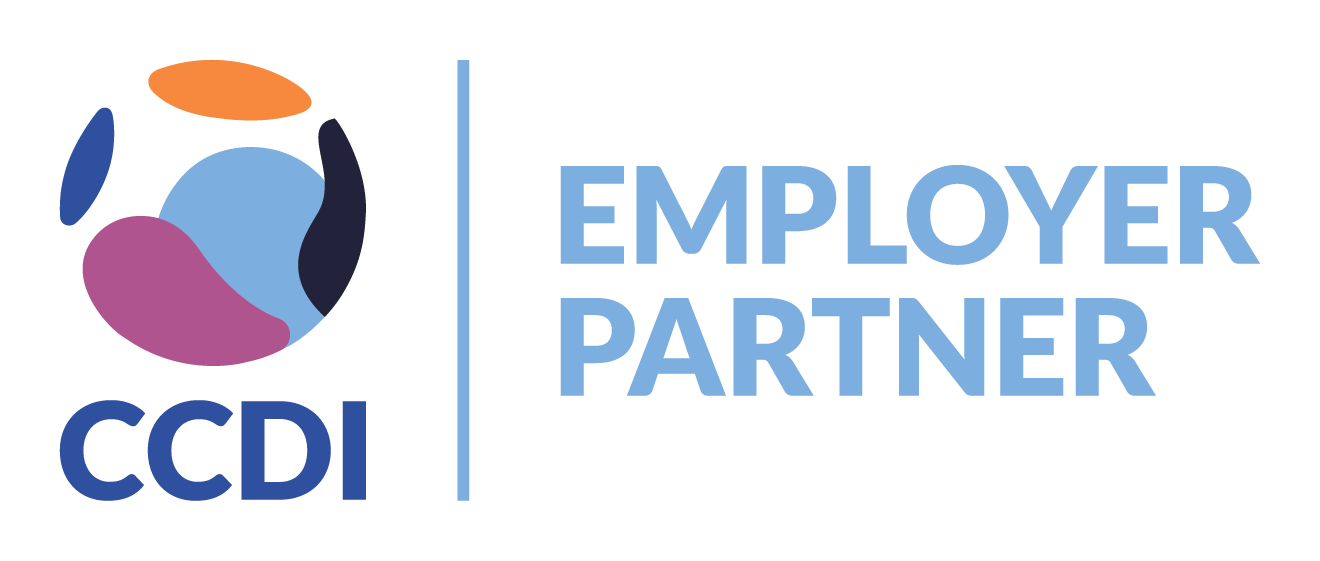Calgary Fatal Accident Lawyers
The news arrives, and time stops. Losing a loved one suddenly because of another person’s negligence is one of the most traumatic things a family can experience. If you are the spouse, parent, grandparent, child or sibling of someone killed by the negligent act of another person, the emotional impact can be beyond overwhelming. Dealing with the financial impact of your loss on top of everything else can feel impossible. Who will take care of funeral expenses? Who will provide for the family? How will we cope?
While no amount of money will ever come close to filling the hole left in your heart by the loss of a loved one, a wrongful death claim can make all the difference when it comes to protecting you and your family from financial hardships caused by your loss. Under Alberta’s Fatal Accidents Act (FAA), close family members of the deceased may be able to make a claim for things like funeral expenses, counselling, loss of care and companionship, bereavement (grief and suffering), and more. At Litco Law, we’ve been helping the families of loved ones who have died in fatal accidents for over 45 years. In this article, we’ll talk more in-depth about the claim process and how we can help.
We want to take a moment to acknowledge what you are going through and share some of the tips and local resources that have helped our own clients through loss.
There is a beautiful book written by David Kessler called Finding Meaning: The Sixth Stage of Grief. In it, the author discusses the loss of his 21-year-old son. Books like this can offer comfort in helping you realize that you’re not alone. They also offer some tools to help you heal after tragedy. For those who would prefer to listen to a podcast, David Kessler and Brené Brown have a segment on Grief and Finding Meaning here or on Spotify.
“Each person’s grief is as unique as their fingerprint.” David Kessler
While no amount of money will ever come close to filling the hole left in your heart by the loss of a loved one, a wrongful death claim can make all the difference when it comes to protecting you and your family from financial hardships caused by your loss. Under Alberta’s Fatal Accidents Act (FAA), close family members of the deceased may be able to make a claim for things like funeral expenses, counselling, loss of care and companionship, bereavement (grief and suffering), and more. At Litco Law, we’ve been helping the families of loved ones who have died in fatal accidents for over 45 years. In this article, we’ll talk more in-depth about the claim process and how we can help.
We want to take a moment to acknowledge what you are going through and share some of the tips and local resources that have helped our own clients through loss.
- Seek support - A community of friends and family can be a great comfort after loss. Accept whatever relief they can offer and don’t be afraid to ask for more.
- Reach out - Isolation after a loss is common. Reach out to others, enroll in a grief counselling group, or find a community that you can lean on.
- Alberta Health Services offers a Grief Support Program that provides individual and group grief counseling.
- Telephone: 1 (403) 955-8011
- The Compassionate Friends of Canada offers support for the grief and trauma parents go through following the death of a child, no matter the age or cause.
- Telephone: 1 (866) 823-0141
There is a beautiful book written by David Kessler called Finding Meaning: The Sixth Stage of Grief. In it, the author discusses the loss of his 21-year-old son. Books like this can offer comfort in helping you realize that you’re not alone. They also offer some tools to help you heal after tragedy. For those who would prefer to listen to a podcast, David Kessler and Brené Brown have a segment on Grief and Finding Meaning here or on Spotify.
“Each person’s grief is as unique as their fingerprint.” David Kessler

WATCH THE VIDEO
Learn more about what to expect from our free consultation or speak with our legal team to book a free consultation today.
BOOK A FREE CONSULTFinancial support for today, and the future.
Money is no substitute for a life, but we can get you the compensation you deserve to keep your household afloat, keep your financial future on track, send your kids to school, and get the help you need to deal with the loss and begin healing. Whether your loved one’s death was the result of a car, truck, motorcycle, bicycle, pedestrian accident, inadequate care at a nursing home, or some other kind of negligence, there are certain things that are recoverable by close family members of the deceased through Alberta’s Fatal Accidents Act, such as:
- Funeral and burial expenses
- Costs associated with attending the funeral (such as travel expenses)
- Damages (an amount of money) for bereavement (sadness due to the death of a family member) under the Fatal Accidents Act of Alberta
- Damages for loss of financial support
- Damages for loss of guidance, care, and companionship
- Damages for loss of service (housekeeping, chores, etc.)
- Damages for loss of income for grieving family members
- Counselling or therapy costs for grieving family members
To learn more about the Fatal Accidents Act and the financial support available for wrongful death claims in Alberta, keep on reading.
How much money can I expect to receive from a claim?
In the case of a motor vehicle accident (MVA) fatality, the family of the deceased often has access to two insurance policies that provide some financial assistance with expenses. One policy comes from the vehicle the deceased was in at the time of the accident, and the other police comes from the vehicle of the person who may be at fault for the accident (provided they were insured). In some cases, such as when the deceased person was a passenger in a vehicle and the driver of that vehicle was solely at fault for the accident, there will only be one policy to access.
Provided it had Alberta insurance, the insurance policy from the vehicle of the deceased holds something called Section B Benefits or “No-fault Benefits.” The ultimate limit of Section B coverage for medical treatment in Alberta is $50,000 per person. That means that if there are four injured people traveling in the same car, and that car is insured in Alberta, each person is entitled to a maximum of $50,000 in Section B medical benefits. The first type of coverage is called, rather insensitively, the “death benefit.” The coverage for the death benefit varies according to the age of the deceased, and the relationship of the deceased to the person or persons making the claim. It is also possible to claim funeral expenses for up to $5,000 for each deceased person, and $400 for grief counselling. The grief counselling benefit is $400 per family; if more than one family member has passed, it is possible to claim a grief counselling benefit for each deceased person. If you are dealing with the loss of a loved one due to a motor vehicle accident, and you need help with related Section B benefits or the Fatal Accidents Act, please call or email us today.
Third-Party Liability Benefits
In addition to Section B Benefits, family members of the deceased may bring a claim against the insurance company of the at-fault party. Under the Fatal Accidents Act of Alberta, this may include the following financial supports to you and your family:
- Funeral, burial, or cremation expenses - the insurance company of the at-fault party pays for all costs related to the funeral service, burial or cremation, and headstone or monument (provided the expenses are within reason). In light of the fact that the Section B portion of the policy only covers $5,000 for all funeral expenses, this is especially helpful for family members of the deceased.
- Bereavement - Section 8 of Alberta’s Fatal Accidents Act (FAA) includes a claim for the grief, loss of care, guidance and companionship of the deceased which may be claimed by a parent, child, spouse or adult interdependent partner. As of May 1, 2013, the bereavement compensation is:
- $82,000.00 to a parent or parents (divided equally) who lose a child, regardless of that child’s age at the time of death;
- $82,000.00 to a spouse or interdependent partner who loses a spouse or partner; and
- $49,000.00 to a child who loses a parent.
Note: A spouse or interdependent partner cannot claim compensation if they were living separately or apart at the time of death. If you are unsure of what “living apart” means in the eyes of the law, please call or email us and we’ll be happy to help.
- Loss of Dependency - additional compensation can be claimed against the insurance company of the at-fault party for the financial impact on dependants of the deceased. For example, a stay-at-home mother with young children who has lost her husband (who financially supported the family). While parents who suffer the tragic loss of a child are rarely able to make a claim for this, in some cases, parents supported by the deceased child in old age may be able to claim a loss of dependency.
- Loss of housekeeping capacity and childcare - this claim can be significant for families when the deceased was responsible for taking care of the household and children. The calculation is based on the hours per week that the deceased worked in the household such as:
- childcare;
- house cleaning;
- meal preparation;
- transportation services;
- grocery shopping;
- maintenance of the home;
- indoor and outdoor repairs of the home;
- any other household chores the deceased performed.
- The hourly rate used for the calculation is based on the amount it would likely cost to hire someone to do these chores.
- If the deceased was a full-time homemaker caring for several children, the claim is also based on the services the deceased would have provided into the future for many years. This can result in a large payment to the surviving spouse or partner.
- Out-of-pocket expenses - other claims which may be made by the spouse, adult, interdependent partner, parent, child, brother or sister against the at-fault party include:
- Cost of care and well-being for the deceased between time of injury and death;
- Cost of travel and accommodation expenses while visiting the deceased between the time of the injury and death;
- Fees paid for grief counselling.
If you have lost a loved one due to someone else’s negligence and you have questions about filing a wrongful death claim, give us a call or email today. Our team is standing by, ready to answer your questions and help in any way we can.
Have questions about the Alberta government’s proposed shift to a no-fault (Care-First) system? Wondering how it will impact injured Albertans?
Learn more here.
Learn more here.
Personal Injury Claims Recent Posts
Have more legal questions?
Contact our legal team today for help by booking a free consultation.
Call (403) 273-8580orsubmit online formInTheKnow
Subscribe to get insider info and all the latest Litco Law news first
COPYRIGHT © 2025 "LITCO LAW" IS A TRADEMARK AND TRADE NAME OF LITWINIUK LLP | Legal & Privacy Policy









